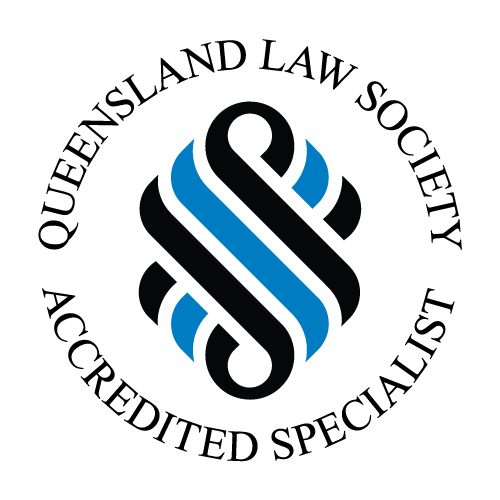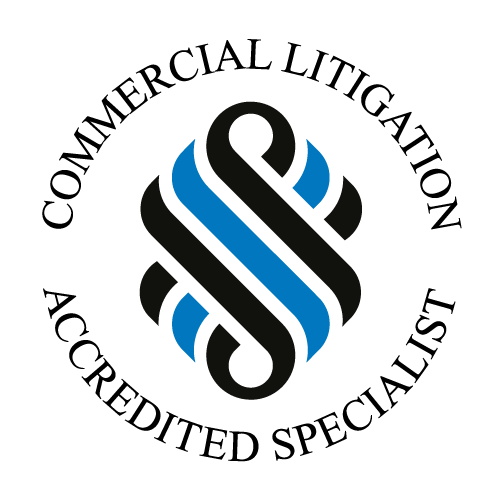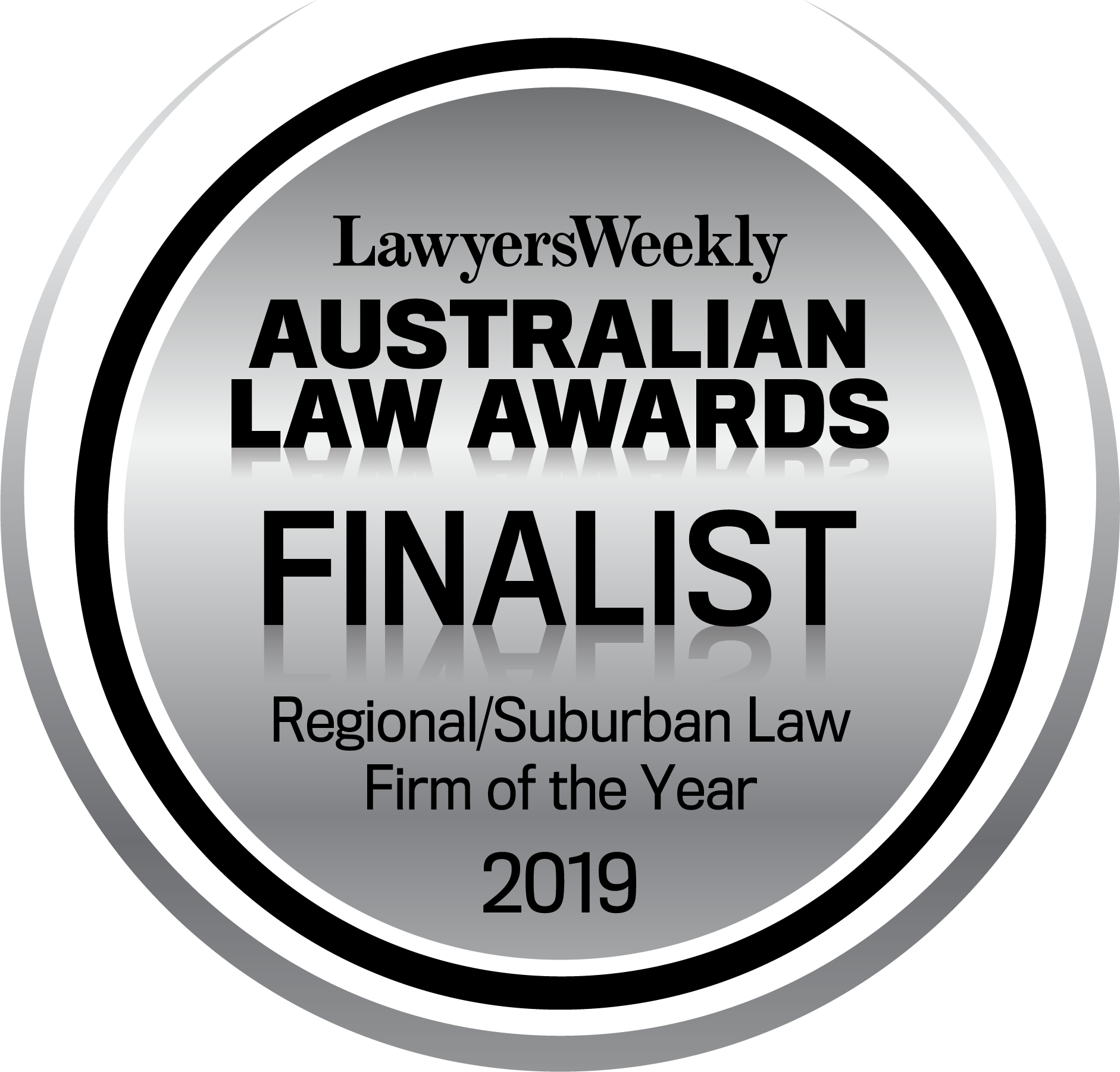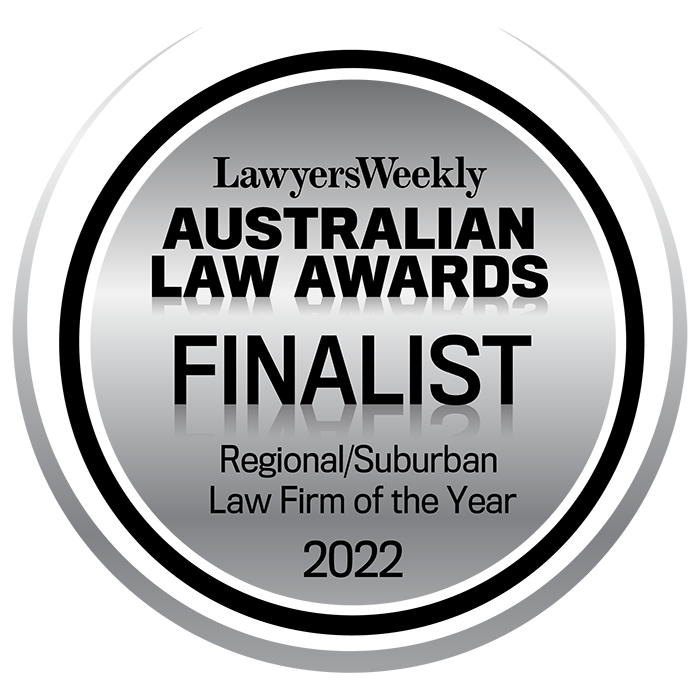The survival of a businesses is often determined by its ability to manage its cash flow and debtors. Unfortunately, many businesses overlook the need to ensure adequate management systems are in place to prevent the existence of debtors (if possible) or alternatively, ensure efficient, expeditious and cost effective debt recovery methods exist.
At Marino Law, we work closely with business owners and individuals to implement strategies that are most appropriate for them. If debt recovery is necessary, our experienced debt recovery lawyers can advise you on the most efficient and cost effective way of recovering the debt.
The options available to recover debts include:
- issuing letters of demand
- negotiating settlements
- drafting deeds of settlement and compromise
- instituting proceedings in the Queensland Civil and Administrative Tribunal
- instituting proceedings in the Magistrates Court, District Court or Supreme Court
- issuing a Creditor’s Statutory Demand (pursuant to the Corporations Act 2001 (Cth))
- issuing a Bankruptcy Notice (pursuant to the Bankruptcy Act 1966 (Cth)
- instituting bankruptcy proceedings
- instituting winding up proceedings
- appointing a Receiver and Manager
- seizure of goods or property
- registration of a caveat
- enforcing judgement
If the debt is $25,000 or less, you may commence proceedings by way of an Application for Minor Civil Debt in the Queensland Civil and Administrative Tribunal (QCAT). Legal representation is not usually allowed in QCAT proceedings although Marino Law can assist you in preparing, filing, serving and advising you throughout the proceedings. Legal costs are not usually recoverable, however the successful party will be able to recover the filing fee and interest.
If the debt is in excess of $25,000, proceedings may be commenced in the Magistrates Court (if the debt is $150,000 or less), the District Court (if the debt is $750,000 or less), or the Supreme Court (if the debt exceeds $750,000). Costs in Court proceedings will vary depending on the complexity of the matter, whether the other party defends the claim or whether proceedings settle prior to trial. A successful claim will often include an order for payment of your legal cost (which are assessed either pursuant to the relevant Court scale or on an indemnity basis).
After judgment has been obtained in a Queensland Court the Uniform Civil Procedure Rules (Qld) 1999 (“UCPR”) provides that the judgment debt is to be paid immediately.
A judgment will be registered on the debtor’s credit file creating difficulties for them in applying for loans, credit cards or other financial services. It will also provide you with the necessary document to commence the enforcement process. Once you have judgment you have a period of six (6) years to take action.
Should you instruct our firm to recover the judgment debt for you we would prepare on your behalf a letter of demand requiring payment of the judgment within fourteen (14) days to compel payment. Should the debtor not pay, we then commence the enforcement process. Alternatively, subject to the amount of the debt meeting the minimum threshold under the relevant regulations, a Bankruptcy Notice could be issued where the judgment has been received against an individual debtor or a Creditors Statutory Demand could be issued where the judgment has been received against a corporate debtor. If the debtor fails to comply with the Bankruptcy Notice or Creditors Statutory Demand within the requisite timeframe, bankruptcy proceedings or winding up proceedings may be commenced.
Before commencing the procedure it is best to conduct certain searches to determine if the debtor is bankrupt or owns any real estate, motor vehicles or other assets.
When considering the best method to enforce the judgment you should seek legal advice in regards to your own individual circumstances.
Generally speaking the most common form of enforcement is to obtain an enforcement order from the Court or to conduct an enforcement hearing however this will depend on the debtor’s income and assets. Our expert debt recovery solicitors can assist you in discovering what assets the debtor may have.
Some of the most common options available to you are as follows:-
Conduct an enforcement hearing
The purpose of an enforcement hearing is to obtain information to facilitate the enforcement of a money order. You may apply to the Court for an enforcement hearing to take place immediately after judgment is given. You may apply to the Court, without notice to the debtor, for an enforcement hearing. However, prior to an enforcement hearing application you are required under the UCPR to serve a statement of financial position on the debtor. This form is to be completed and returned by the debtor within fourteen (14) days.
Should the debtor return the statement of financial position then, depending on the contents of the statement, you may not need to apply for an enforcement hearing. Should the debtor fail to return statement or you are not satisfied with its contents then you may make the application. Prior to making such an application we recommend that you obtain legal advice so that you fully appreciate the procedure.
Once the application is granted the Court will issue an enforcement hearing summons requiring the debtor to attend an enforcement hearing. The purpose of attending is to:
- give information and answer questions
- produce the documents or things stated in the summons
During the enforcement hearing the Court may:
- order that an enforcement warrant be issued
- make another order about the enforcement of the order
- stay the enforcement of the order, or
- award costs
Should the debtor fail to appear at the enforcement hearing then the Court may issue a warrant ordering an enforcement officer to arrest the debtor and bring the person before the Court.
Obtain an Enforcement Warrant for the Seizure and Sale
A Court may issue an enforcement warrant authorizing an enforcement officer to seize and sell in satisfaction of a money order all real and personal property (other than exempt property) in which the enforcement debtor has a legal or beneficial interest.
This process is quite complex and we strongly recommend that you obtain legal advice before commencing enforcement proceedings of this nature.
Obtain an Enforcement Warrant for Redirection of Debts or Earnings
The Court may issue an enforcement warrant authorizing redirection to you of specified debts certainly payable to the debtor from a third person. The Court may also issue an enforcement warrant authorizing redirection to you of particular earnings of the debtor from a third person. When the Court considers these types of warrant it investigates whether the redirection will impose unreasonable hardship on the debtor.
Obtain an Enforcement Warrant for Payment by Installments
The Court may make an order authorizing satisfaction of an order debt by installment payments.
When considering a warrant of this nature the Court has regard to:
- whether the debtor is employed
- the debtor’s means of satisfying the order
- whether the judgment debt, including any interest, will be satisfied within a reasonable time
- the necessary living expenses of the debtor and the debtor’s dependants
- other liabilities of the enforcement debtor
Whether you wish to pursue debt recovery or dispute a creditor’s claim for payment of a debt, our experienced debt recovery lawyers and commercial litigation lawyers can provide you with comprehensive and cost effective advice.







